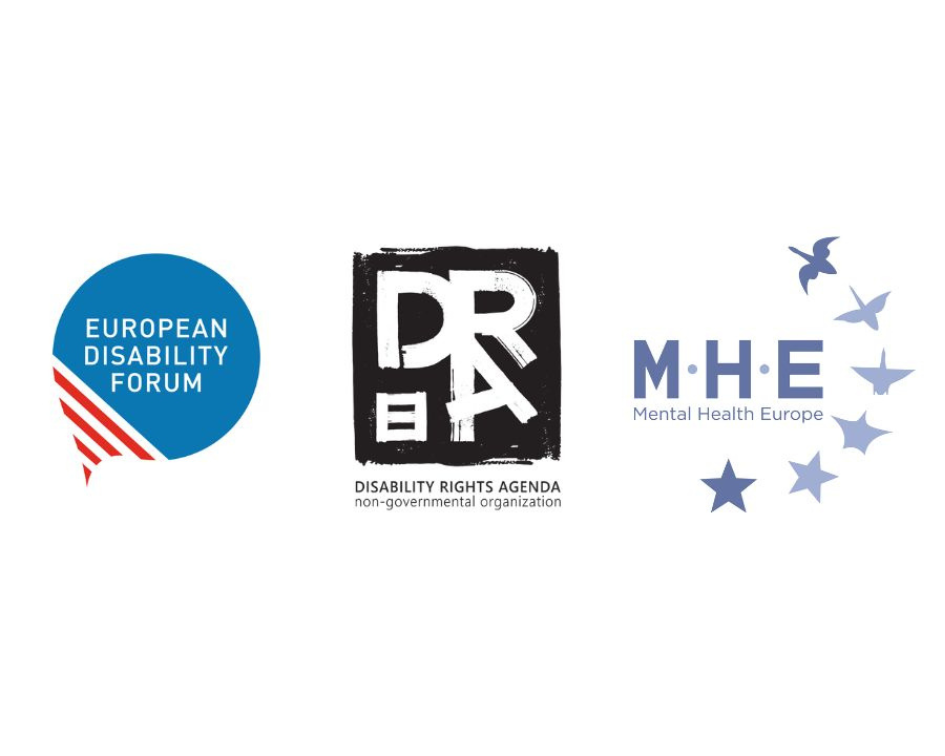The European Disability Forum, with Disability Rights Agenda and Mental Health Europe is following with deep concern the events currently unfolding on the Armenian border. Our member from Armenia, the Disability Rights Agenda, has reported that on 13 September, military personnel and civilian infrastructure in the border towns of Vardenis, Jermuk, Goris and Tatev have been shelled by heavy artillery of Azerbaijan. Over 2570 people have been displaced from their homes, most of which women, children and elderly people, including persons with disabilities. As a result of aggression, children’s right to inclusive education was disrupted in Gegharkunik, Vayots Dzor and Syunik regions.
Persons with disabilities are disproportionately impacted by conflict and humanitarian crises. The situation can be particularly dangerous for people living in institutional care, and the municipality of Vardenis hosts Armenia’s biggest Psychoneurological Boarding House, accommodating 450 persons with intellectual and/or psychosocial disabilities. We are also very concerned by the reports of the dire living conditions in this institution, where some residents are isolated and deprived of their legal capacity.
In 2019, the UN Security Council adopted Resolution 2475(2019). This resolution, in line with Article 11 of the UN Convention on the Rights of Persons with Disabilities (CRPD), calls on all parties in an armed conflict to protect persons with disabilities in conflict situations and to ensure they have equal access to justice, basic services and humanitarian assistance.
In this sensitive moment of high tensions and instability between Armenia and Azerbaijan, we, once again, condemn the targeting of civilians, particularly of persons with disabilities.
We call both countries as well as the international community to take all the necessary measures to protect all civilians, including persons with disabilities and prevent an escalation that would lead to another humanitarian disaster in Europe;
We urge the Armenian government to
(a) closely consult and actively involve persons with disabilities and their representative organizations in the development, implementation and monitoring of emergency-related legislation and policies, and the establishment of priorities for aid distribution, in accordance with CRPD article 4 (3);
(b) accelerate efforts to close institutions and prioritize the development of individualized support and inclusive mainstream services in the communities for adults and children with disabilities, in compliance with Article 19 of the Convention on the Rights of Persons with Disabilities and the newly adopted CRPD Guidelines on deinstitutionalization, including in emergencies (CRPD/C/27/3).
Signed by:

